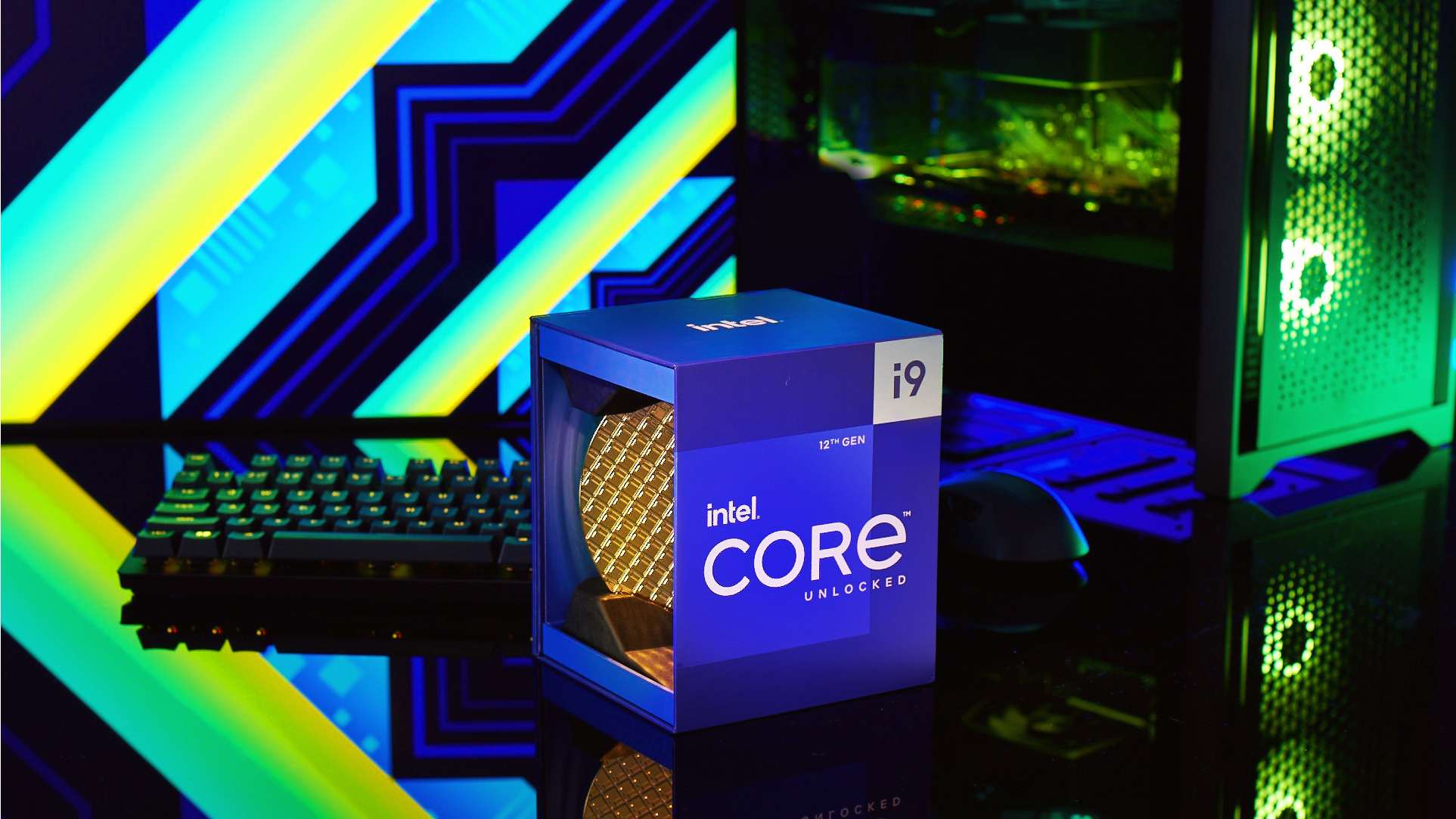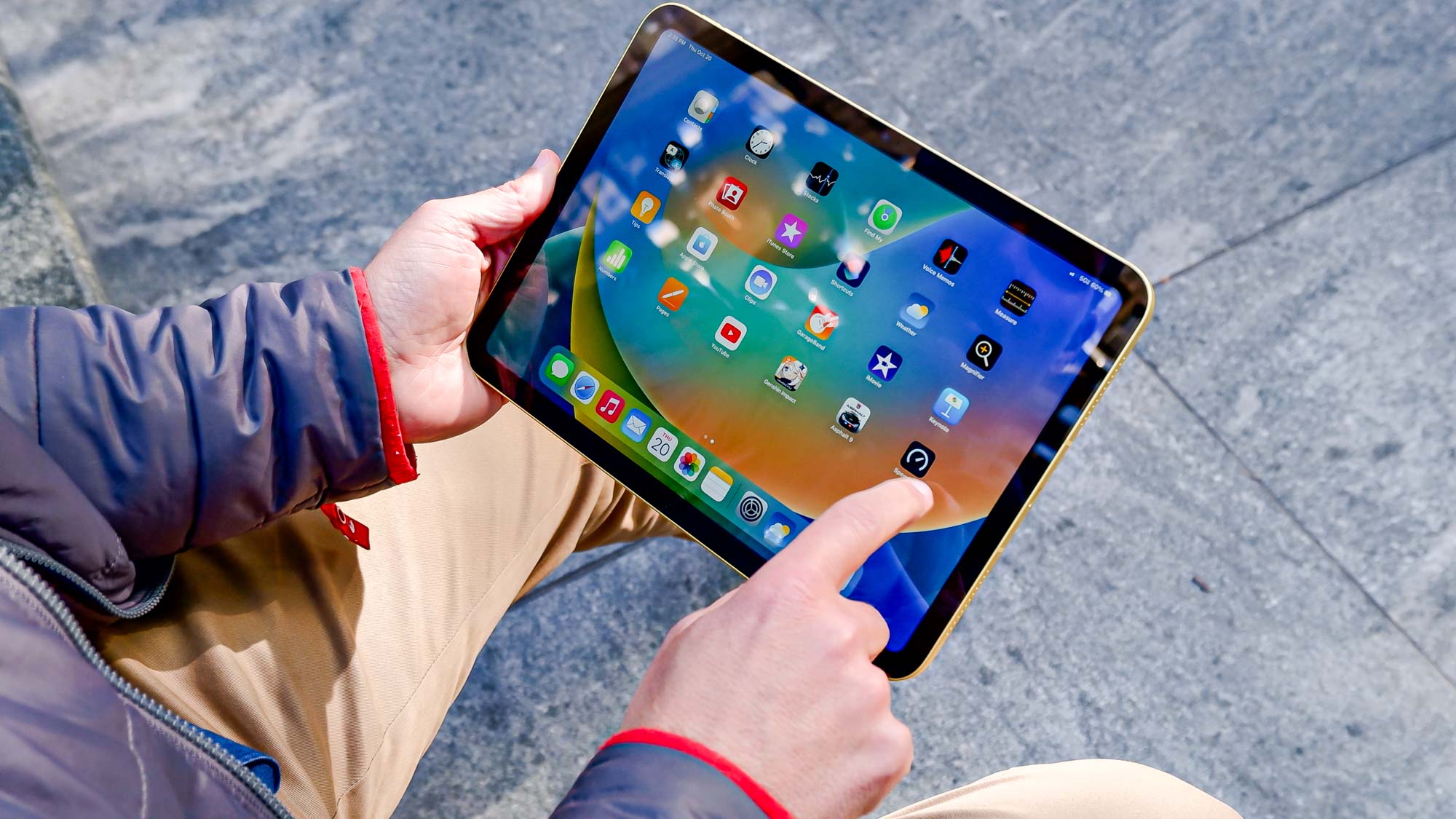
After some stagnation in the CPU world, Apple turned the industry upside-down when it announced the M1, a lightweight custom-made computer chip that could deliver tremendous performance at a low power draw. AMD and Intel have been trying to catch up since, with Team Red staying ahead of Team Blue through much of 2020-2021.
However, now it seems that Intel's new Alder Lake Core i9 is pulling in impressive benchmark scores — ones that should make Apple sweat.Considering these tests are being done on beefy gaming laptops, though Intel's chips might be the ones putting out all the heat.
According to a report from Macworld, when comparing Geekbench scores between the 10-core Apple M1 Max and the 14-core Intel Core i9-12900HK, the Windows 11-based machine pulled ahead of Cupertino by the slightest of margins. In single-core performance, Apple's M1 Pro scored 1,774 compared to Intel's 1,838 result.
In multicore tests, the margins were just as thin between M1 Max and Alder Lake, with respective results of 12,590 and 13,235. These are ultimately negligible leads, within five percentage points.
Apple M1 Max vs. Intel Alder Lake Core i9
| Row 0 - Cell 0 | 14-inch MacBook Pro with M1 Max | MSI GE76 Raider with Core i9-12900HK |
| CPU Cores | 10-core (8 performance, 2 efficiency) | 14-core (6 performance, 8 efficiency) |
| GPU Cores | 32-core | 7,424 CUDA cores |
| RAM | 64GB DDR5-6400 | 32GB DDR5-4800 |
| Storage | 4TB SSD | 2TB NVMe PCIe 4.0 SSD |
Now, there's a major caveat to all of this — power consumption. Macworld is running M1 scores on thin and svelte 2021 MacBook Pros whereas Intel's chip resides within the new MSI GE76 Raider, a heftier gaming PC that sports an Nvidia GeForce RTX 3080 Ti Laptop GPU.
According to Macworld, via its sister-site PCWorld, during Cinebench R23 testing, the MSI GE76 Raider was consistently hitting a 100-watt power draw. That's a massive step up from what AnandTech found when performing the same test on an M1 Max MacBook Pro.
With Apple, the M1 Max was only drawing 39.7 watts. So, in this sense, it's as if both chips were racing neck-and-neck, but Apple hadn't even pushed the pedal halfway down. In PCWorld's testing, the MSI GE76 Raider only lasted for 6 hours in offline video playback whereas the MacBook Pro managed 17 hours.
Sign up to get the BEST of Tom's Guide direct to your inbox.
Get instant access to breaking news, the hottest reviews, great deals and helpful tips.
In Geekbench 5 OpenCL graphics benchmarks, Intel completely destroyed Apple in performance. The Core i9-12900HX and Nvidia GeForce 3080 Ti Laptop scored an astonishing 143,594 to the M1 Max's 59,774. Granted, this being a GPU comparison, a top-shelf dedicated Nvidia GPU would surely destroy any integrated graphics Apple could squeeze onto a CPU die. Intel's integrated GPU scored a measly 21,097, for example.
While these are just benchmark scores, and not necessarily indicative of real-world use, it does show that Intel has made great strides in laptop CPU performance. But Team Blue still has a long way to go to match Apple in power efficiency.
Imad is currently Senior Google and Internet Culture reporter for CNET, but until recently was News Editor at Tom's Guide. Hailing from Texas, Imad started his journalism career in 2013 and has amassed bylines with the New York Times, the Washington Post, ESPN, Wired and Men's Health Magazine, among others. Outside of work, you can find him sitting blankly in front of a Word document trying desperately to write the first pages of a new book.

